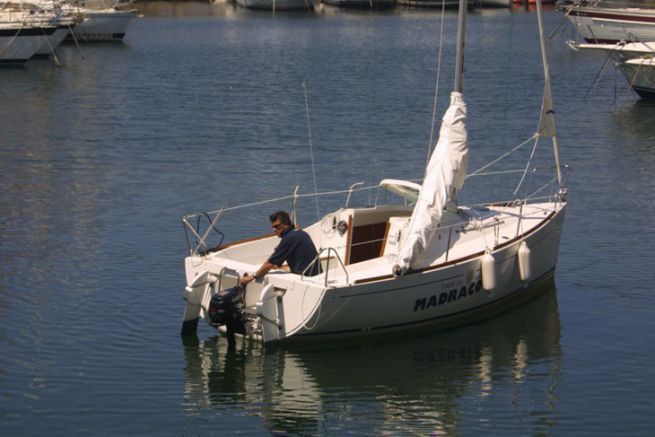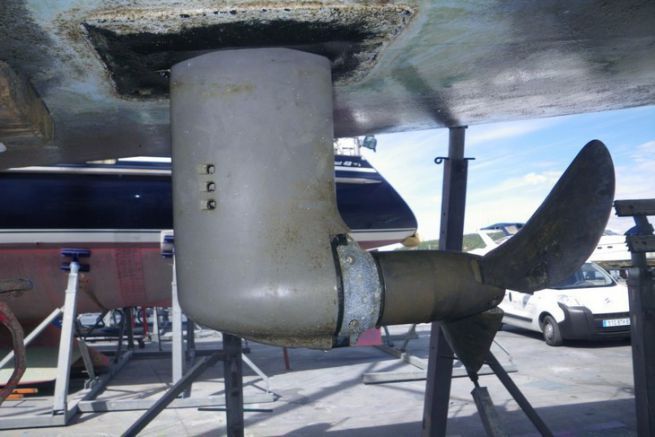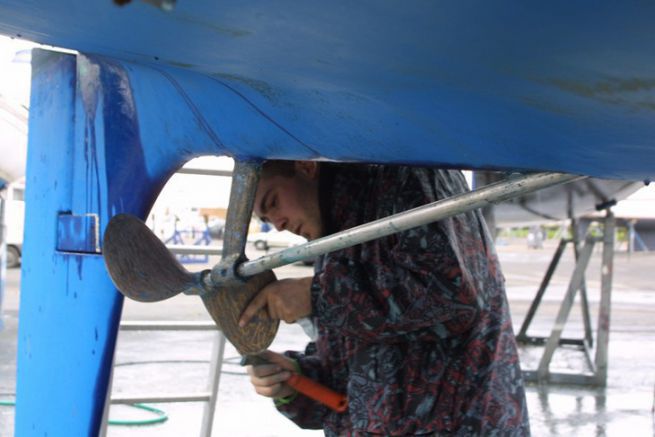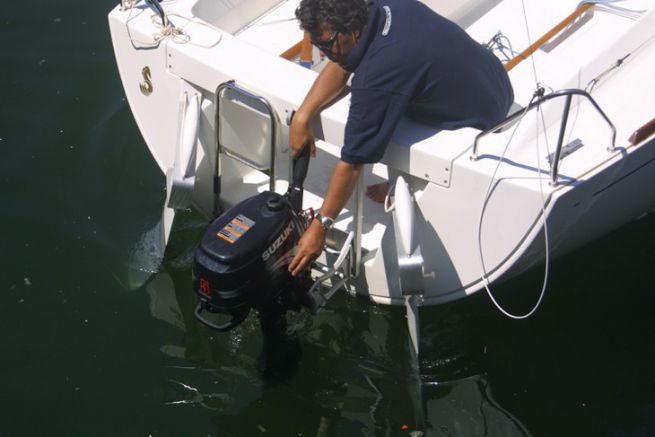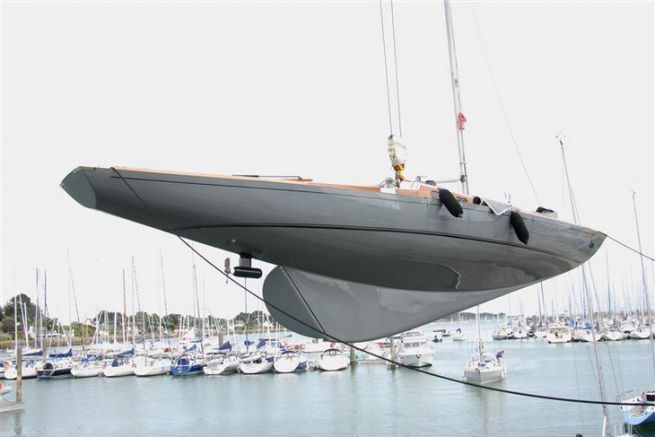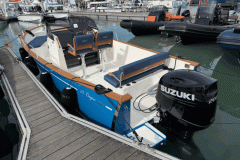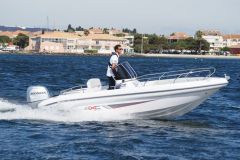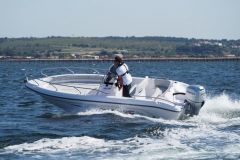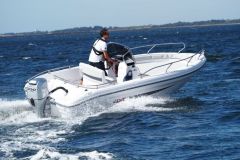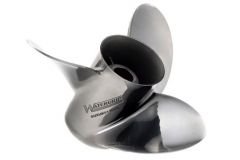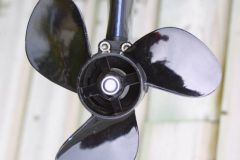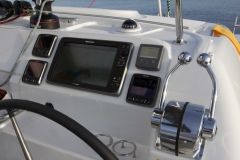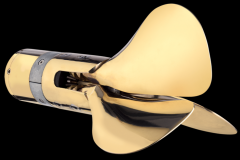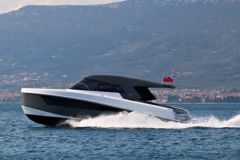After sailing, the engine takes over to move the boat forward: in the absence of wind, maneuvering in port... There are several types of propulsion for sailboats, which we invite you to discover in this dossier.
When it comes to choosing an engine, either the shipyard decides or the end-buyer has a choice of several. In any case, it's important not to make a mistake, as it's quite difficult - and above all very expensive - to change the motorization of your sailboat.
Sail-drive on a sailboat: vibration-free propulsion
The sail-drive (originally designed by Volvo Penta, but now used by all engine manufacturers) is the sailing counterpart of the Z-drive. The propeller is connected to the motor by a baseplate. Discover the advantages and disadvantages of this propulsion system.
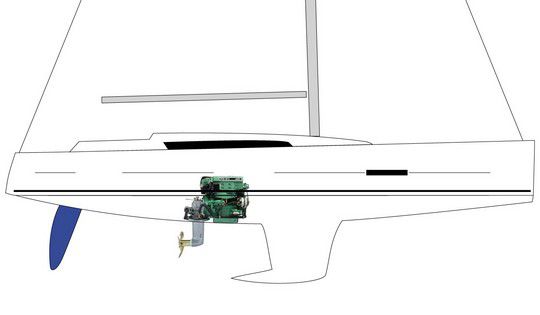
Shaft line for sailboats: the queen of propulsion
Line shaft propulsion is a direct shaft drive, connecting the motor directly to the propeller. This type of propulsion, used for motorboats, is also used for sailing, as it offers a number of advantages and remains one of the oldest forms of propulsion.
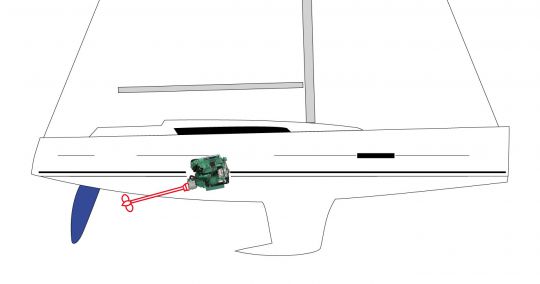
Outboard on a sailboat: propulsion for featherweights
Outboard motors aren't just reserved for powerboats: they're also used on medium-sized sailboats (up to 8 m) looking for maximum living space. Discover the advantages and disadvantages of outboard motors.
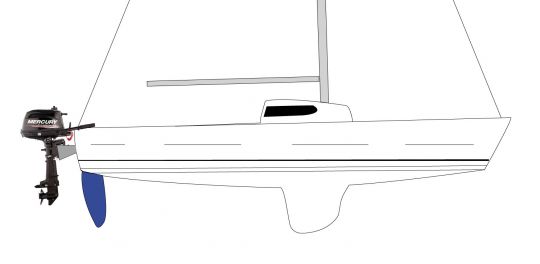
Electric pod on a sailboat: propulsion for the eco-minded
Electric pod propulsion is not yet widespread, but it offers a number of advantages.
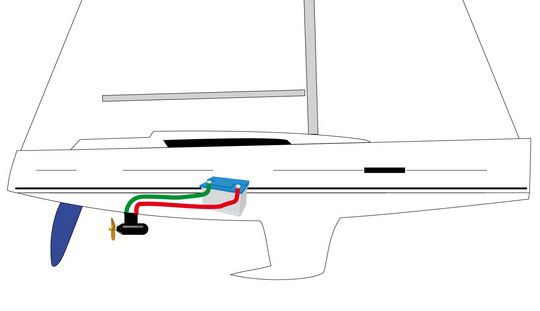

 /
/ 